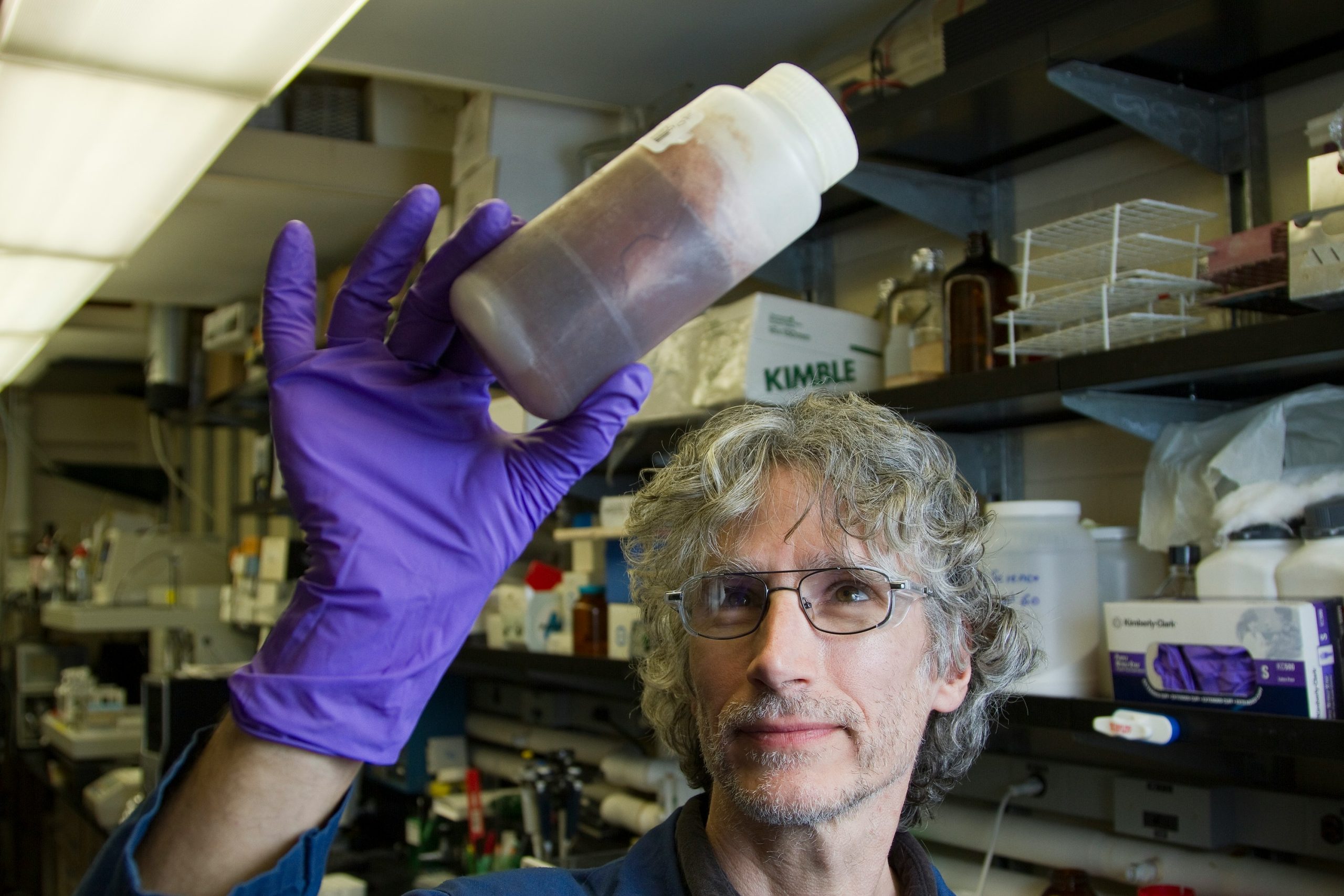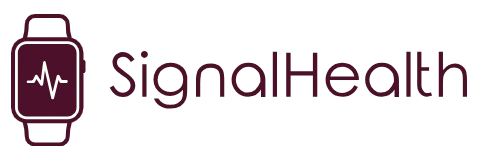
Healthcare Breakthroughs Advances in Medical Research and Treatments
Healthcare Breakthroughs: Advances in Medical Research and Treatments
Introduction
Medical research and technology continue to push boundaries, leading to remarkable breakthroughs in healthcare. These advancements not only enhance treatment options but also improve the quality of life for patients worldwide. From cutting-edge therapies to innovative diagnostic tools, the landscape of healthcare is evolving rapidly.
Precision Medicine
Precision medicine represents a paradigm shift in healthcare, tailoring treatment plans to individual genetic profiles, lifestyles, and environments. This approach allows for more effective therapies with fewer side effects. For example, cancer treatments like targeted therapies and immunotherapies are designed to attack specific molecular targets, improving outcomes for patients.
Regenerative Medicine
Advances in regenerative medicine offer hope for conditions that were previously considered irreversible. Stem cell therapies, for instance, have shown promise in repairing damaged tissues and organs. Researchers have successfully used stem cells to regenerate heart muscle after heart attacks and restore vision in patients with certain eye diseases.
Artificial Intelligence (AI) in Healthcare
AI is revolutionizing healthcare by analyzing complex medical data faster and more accurately than ever before. Machine learning algorithms can predict diseases, personalize treatment plans, and even assist in surgical procedures. For instance, AI-powered diagnostic tools are improving early detection rates for diseases such as cancer and heart disease.
Telemedicine and Remote Monitoring
The COVID-19 pandemic accelerated the adoption of telemedicine, enabling patients to consult with healthcare providers remotely. Beyond convenience, telemedicine enhances access to specialists and improves monitoring of chronic conditions through wearable devices. Remote monitoring technologies allow healthcare teams to intervene early, preventing complications and reducing hospital admissions.
Robotics and Minimally Invasive Surgery
Robotics have transformed surgery by offering greater precision and dexterity to surgeons. Minimally invasive techniques reduce recovery times and complications compared to traditional open surgeries. Robotic-assisted surgeries are now commonplace in specialties such as urology, gynecology, and orthopedics, improving patient outcomes and satisfaction.
3D Printing in Healthcare
3D printing technology has revolutionized the production of medical devices, prosthetics, and even human tissues. Customized implants and prosthetics can now be tailored to fit individual patient anatomies, enhancing comfort and functionality. Researchers are also exploring the potential of 3D bioprinting to create organs for transplantation, addressing the critical shortage of donor organs.
Genomic Editing and Gene Therapy
Recent advancements in genomic editing, particularly CRISPR-Cas9 technology, hold immense promise for treating genetic disorders. Scientists can precisely edit DNA to correct mutations underlying diseases such as cystic fibrosis and sickle cell anemia. Gene therapies are also being developed to target cancer cells directly, offering potential cures for previously untreatable cancers.
Global Impact and Future Directions
These breakthroughs are not just limited to developed countries but are impacting healthcare globally. Developing nations are adopting mobile health technologies and low-cost diagnostics to improve healthcare access. Looking ahead, ongoing research into artificial organs, microbiome therapies, and neurotechnology promises further transformative changes in healthcare delivery.
Conclusion
In conclusion, the landscape of healthcare is being reshaped by continuous advances in medical research and technology. From precision medicine to AI-driven diagnostics and regenerative therapies, these innovations are improving patient outcomes, reducing healthcare costs, and offering hope where previously there was none. As these technologies mature and become more accessible, they have the potential to revolutionize healthcare on a global scale.
